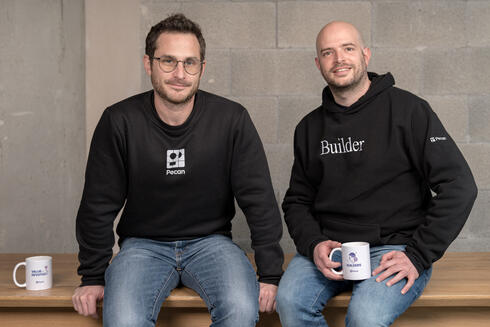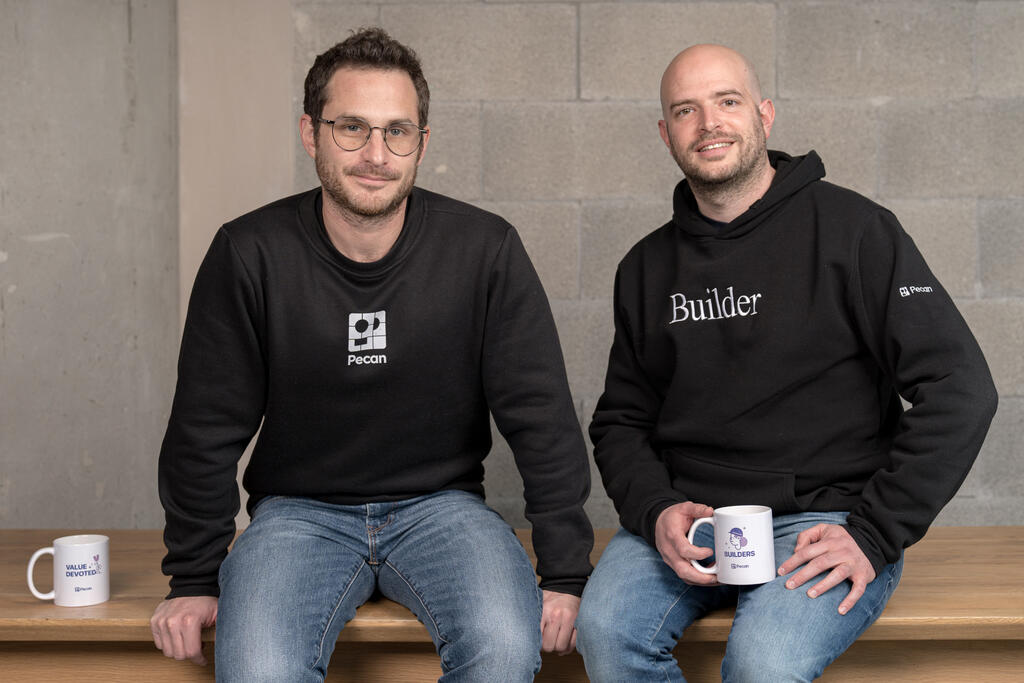
Pecan AI parts ways with a third of its workforce in second round of layoffs
The startup is laying off approximately 30 employees, meaning that in a little over a year it has gone from around 130 employees to about 60
Israeli software company Pecan AI is laying off approximately 30 employees, most of whom are based in Israel. Calcalist learned that the company underwent an organizational restructuring following the recent launch of its Predictive GenAI product which combines generative AI capabilities with predictive machine learning.
This marks the second round of layoffs at the company, which previously cut 30 jobs at the beginning of 2023 and let go of several more throughout the year. Following this latest round, the company will retain about 60 employees. Prior to the previous layoffs, Pecan employed around 130 people, meaning it has reduced more than half its workforce within a little over a year.
Pecan was founded in 2018 by Zohar Bronfman (CEO) and Noam Brezis (CTO), who met during their PhD studies in computational neuroscience at Tel Aviv University. Both are also alumni of Unit 8200. Pecan operates offices in Tel Aviv and New York.
Pecan's focus lies at the intersection of artificial intelligence and data analysis, helping business intelligence (BI) analysts to predict revenue-impacting risks and outcomes. Users can turn massive amounts of raw transactional data into predictions of critical key performance indicators that can directly impact revenue and profitability.
The company raised $66 million in a Series C round led by Insight Partners in February 2022, with participation from GV (formerly Google Ventures), S-Capital, GGV Capital, Dell Technologies Capital, Mindset Ventures, and Vintage Investment Partners. Pecan has raised $117 million to date.
Pecan stated: "This difficult decision stems from a series of actions undertaken by the company to ensure its sustained long-term growth. Pecan is concentrating its strategic efforts and investments on the recently launched new product, deemed revolutionary and market-disrupting. This product provides organizations with the ability to generate business intelligence through self-service based on LLM, reducing process time by 85% compared to manual methods. With a strong belief in the product's long-term impact on the market, it serves as the focal point of the company's activities. Accordingly, adjustments were made to the company's resources in alignment with the new strategy. The company remains committed to supporting existing customers on its current products, including major corporations."














